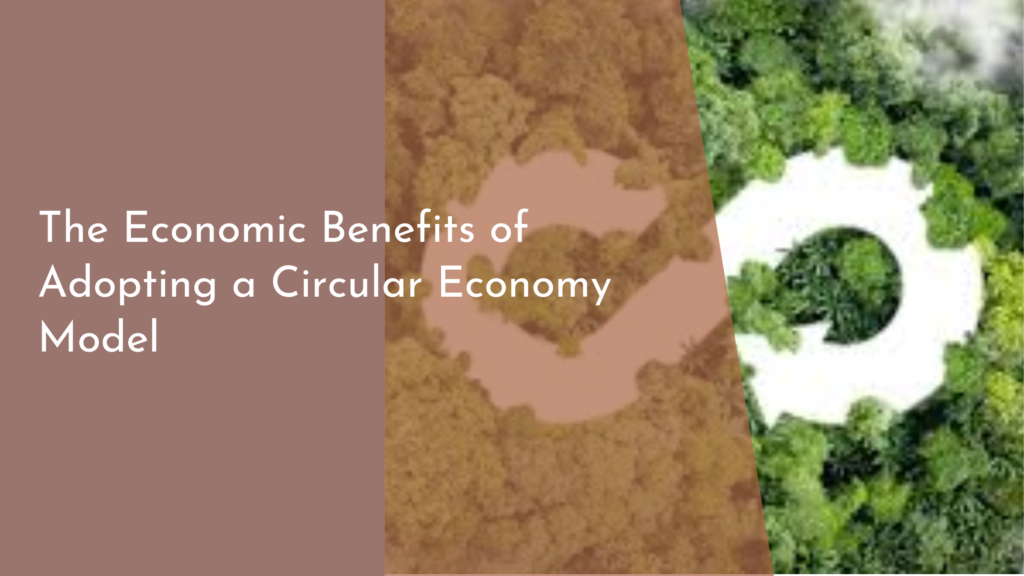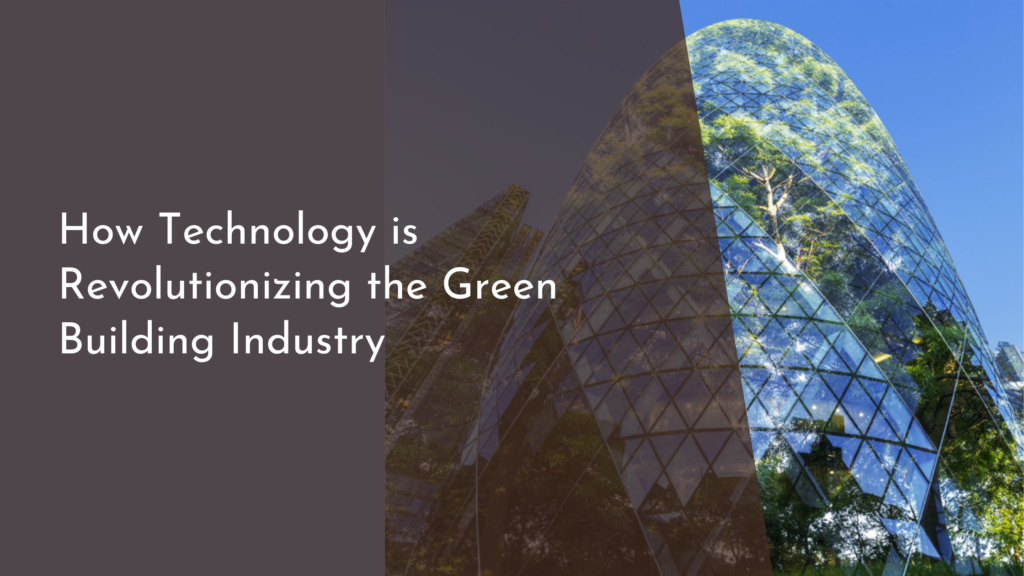Urban Plastic Waste Management Solutions
In our fast-paced urban environments, the growing challenge of plastic waste is becoming increasingly evident. As cities expand, so do the mountains of plastic that accumulate in our streets, parks, and waterways. However, innovative solutions are emerging to tackle this pressing issue, demonstrating that cities can not only manage plastic waste effectively but can also transform it into a valuable resource. This article explores various strategies, from creative recycling initiatives to engaging community efforts and forward-looking technologies that are reshaping urban plastic waste management.
Tackling Urban Plastic Waste: Innovative Solutions Ahead!
Cities around the world are adopting innovative solutions to combat the mounting issue of plastic waste. One of the key approaches involves implementing comprehensive waste management systems that prioritize reduction, reuse, and recycling. By enhancing sorting facilities and establishing more accessible recycling stations, municipalities can ensure that more plastic waste is diverted from landfills. Furthermore, many cities are collaborating with private companies and NGOs to develop circular economy models that minimize plastic use and maximize material recovery.
In addition to traditional recycling, cities are exploring alternative materials and biodegradable options to replace single-use plastics. Initiatives such as banning plastic bags and straws have gained traction, encouraging residents and businesses to adopt more sustainable practices. Local governments are also providing incentives for companies that shift to eco-friendly packaging, creating a win-win situation for both the environment and local economies.
Creative Recycling Initiatives Transforming City Landscapes
Across the globe, creative recycling initiatives are breathing new life into urban landscapes by reimagining plastic waste as art and functional objects. Artists and designers are working with discarded plastics to create stunning sculptures, public installations, and even furniture, transforming litter into something beautiful and thought-provoking. These projects not only raise awareness about plastic pollution but also inspire communities to rethink their relationship with waste.
Moreover, cities are launching programs that incorporate recycled materials into public infrastructure. For instance, some municipalities are using crushed plastic to build roads or park benches, effectively giving new purpose to materials that would otherwise end up in landfills. These innovative applications not only reduce the demand for virgin materials but also showcase the potential of recycled plastics in everyday life, fostering a culture of sustainability within urban settings.
Engaging Communities in Plastic Waste Reduction Efforts
Community engagement is crucial in the fight against plastic waste, and cities are harnessing the power of grassroots movements to promote change. Initiatives such as community clean-up events and educational workshops are encouraging residents to take an active role in reducing plastic waste and adopting sustainable practices. By fostering a sense of ownership and responsibility, communities can effectively mobilize, creating a collective impact that extends beyond individual actions.
In addition to clean-up efforts, cities are introducing reward programs that recognize and incentivize residents for participating in recycling and waste reduction activities. This can include discounts at local businesses or points redeemable for eco-friendly products. By gamifying the plastic waste reduction process, cities are not only making it fun but also instilling long-lasting habits that contribute to a cleaner, greener urban environment.
Future-Forward Technologies Revolutionizing Waste Management
The future of urban plastic waste management is undoubtedly intertwined with technological advancements that streamline and enhance waste processing. Smart waste bins equipped with sensors can monitor fill levels, optimizing collection routes and reducing carbon footprints associated with waste collection. These innovations not only improve efficiency but also help cities allocate resources more effectively, ensuring a cleaner public space.
Moreover, advancements in artificial intelligence and machine learning are revolutionizing sorting processes at recycling facilities. AI-powered systems can identify and separate different types of plastics with remarkable accuracy, increasing the overall recycling rates. As cities continue to invest in these technologies, the potential for turning plastic waste into valuable resources expands, paving the way for a more sustainable urban future.
As we navigate the challenges of urban plastic waste, it is heartening to witness the myriad of solutions emerging from cities around the world. From innovative recycling initiatives and community engagement efforts to groundbreaking technologies, the collective response to plastic pollution is both inspiring and effective. By continuing to foster creativity, collaboration, and forward-thinking strategies, urban areas can transform the narrative around plastic waste from one of despair to one of hope. Together, we can sculpt a cleaner, more sustainable future for our cities and the planet!


